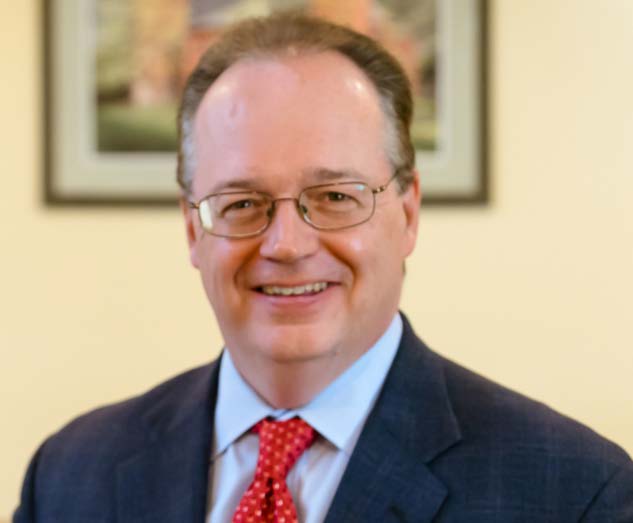|
Government Pays Whistleblowers Millions in False Claims Act Cases When Wellcare Health Plans agreed to pay $137.5 million to settle Medicaid fraud allegations, a former employee who blew the whistle became a wealthy man. Under the qui tam provisions of the federal False Claims Act, former Wellcare financial analyst Sean Hellein will be paid $20.75 million for initiating the lawsuit that led to the government's investigation and settlement. This is just one of many False Claims Act lawsuits that have resulted in large rewards for whistleblowers. Other recent cases include:
The Act contains a qui tam provision that allows a private person to initiate a lawsuit on behalf of the United States government. Qui tam is short for the Latin phrase “qui tam pro domino rege quam pro se ipso in hac parte sequitur,” which is loosely translated as "he who sues in this matter for the king as well as for himself." Here’s how it works: A private person, known as a “relator,” commences a lawsuit on behalf of the United States government to recover damages caused by the submission of false or fraudulent claims. The qui tam complaint must be filed under seal, which means that all records relating to the case must be kept in a secret docket in the court. Copies of the complaint are given only to the U.S. Department of Justice (DOJ), the local U.S. Attorney, and the assigned Judge. In addition to the complaint, the relator must give the Department of Justice a “disclosure statement” containing all the evidence supporting the allegations in the complaint. The disclosure statement is not filed in any court and is not available to the named defendant. The relator must be represented by a lawyer. The lawyer will assist the relator in pulling together the evidence, preparing the complaint and disclosure statement, and complying with the many procedural and technical requirements. The DOJ must investigate the allegations of false or fraudulent claims. At the conclusion of the investigation, the DOJ must either (a) intervene in the lawsuit and participate as a plaintiff prosecuting the case; (b) decline to intervene; or (c) move to dismiss the complaint either because there is no case or the case conflicts with significant interests of the United States. In practice, the DOJ often settles the lawsuit with the defendant before formally intervening (in which event, the relator will be entitled to a percentage of the settlement) or advises the relator that the government will not intervene (in which case the relator and relator’s counsel must decide whether to pursue the case on their own or dismiss it). Other than money and a desire to do the right thing, why would anyone volunteer to be a whistleblower? Self-preservation is another factor. Anyone who knowingly assists in the submission of false or fraudulent claims to the government is at risk of being prosecuted for a crime along with their employer. For example, when a physician in Texas was arrested recently on Medicare fraud charges, the physician’s billing clerk was also arrested and now faces criminal charges. The billing clerk may wish today that he had become a whistleblower instead of following his employer's lead. If you are aware that false or fraudulent claims have been submitted to the government, then you should consult with an experienced attorney immediately to protect your rights. To schedule a free initial consultation by telephone or in person, call our office today at (917) 652-6504 or click here to communicate with us via email. John Howley, Esq. New York, New York The information you obtain at this site is not, nor is it intended to be, legal advice. You should consult an attorney for advice regarding your individual situation. I invite you to contact our law offices and welcome your calls, letters and electronic mail. Contacting us does not create an attorney-client relationship. Please do not send any confidential information to us until such time as an attorney-client relationship has been established. I practice law and offer legal services only in jurisdictions where I am properly authorized to do so. I do not seek to represent anyone in any jurisdiction where this web site does not comply with applicable laws and bar rules.
0 Comments
Your comment will be posted after it is approved.
Leave a Reply. |
John Howley, Esq.
(212) 601-2728 |
